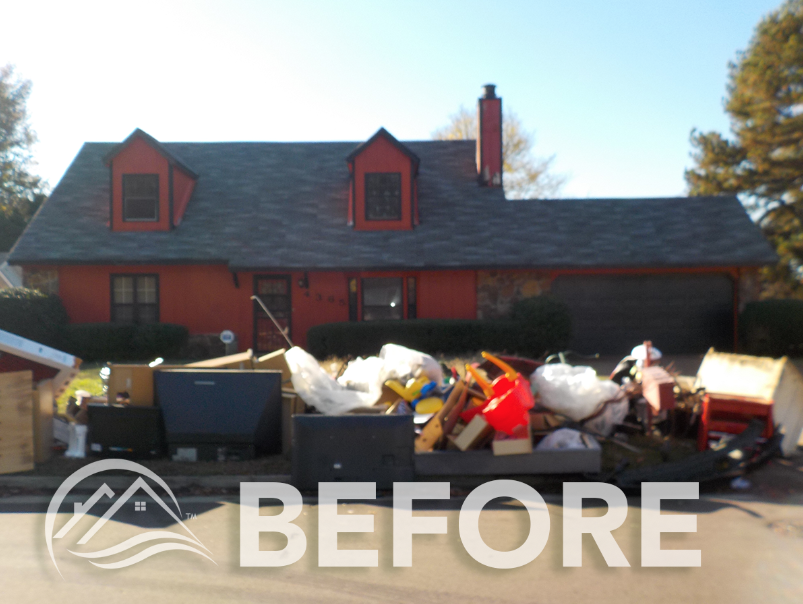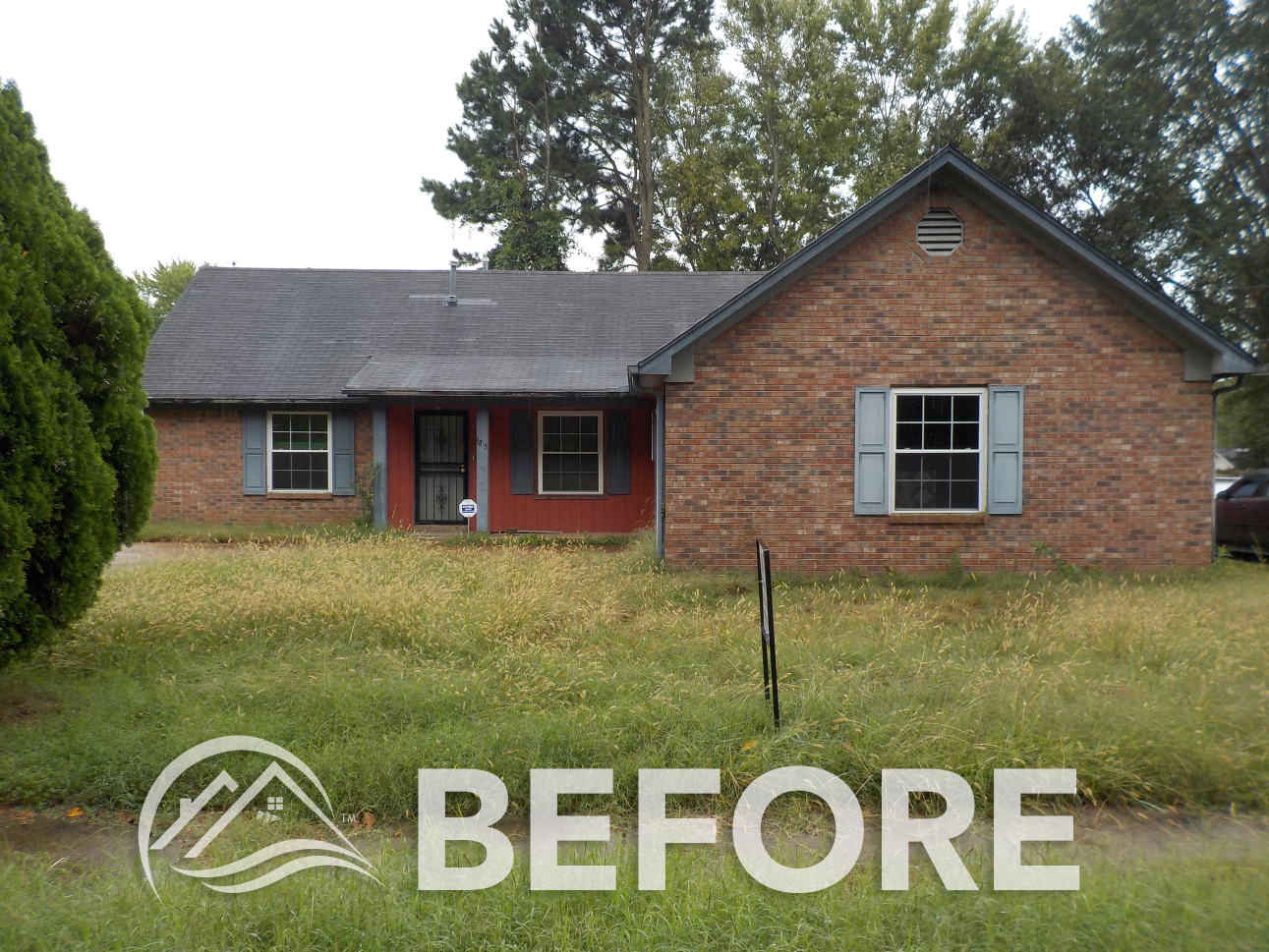 In real estate investment, due diligence is a concept we hear about all the time. It’s this act of covering all of your bases, managing your risk, and leaving no stone unturned.
In real estate investment, due diligence is a concept we hear about all the time. It’s this act of covering all of your bases, managing your risk, and leaving no stone unturned.
It is, as an investor and owner, going through property markets, running your numbers, and ensuring that you are on track and making wise investment decisions. It’s getting references and making sure that the people you trust and work with are trustworthy.
Due diligence is a broad and critical concept.
But what do passive real estate investors really do about due diligence?
After all, their real estate investments are left in the hands of the professionals—what is there to be diligent about? Due diligence is no less important for passive investors. It just looks a little different. For turnkey real estate investors, here are the areas where due diligence is essential:
3 Ways Turnkey Real Estate Investors Can Practice Due Diligence
Engage with your turnkey provider.
As a turnkey investor, your provider is the crucial business relationship in your investing career. We’ve discussed this before, but it’s always worth saying: it’s very easy for passive investors to be too passive. You can take your hands off the wheel and let your provider handle it all, but this is not the most effective way to grow your investments.
Related Article: The Myth of Hands-Off Real Estate Investment
An effective turnkey provider will want to connect and regularly communicate with you to not only keep you in-the-know with your investment properties, but to stay on the same page with your goals, ambitions, and to discern feedback.
A close relationship with your turnkey company, advisers, and representatives helps you trust them with your money and your investments, which in turn helps all of the processes involved move more smoothly.
The more you communicate, the more on the same page you will be. If you don’t take the time to engage with your provider, you will likely find yourself feeling anxious and unsure rather than confident. This aspect of due diligence is all about building up the most important relationship in turnkey real estate investment—don’t ignore it.
Assess your portfolio and your financial goals.
Every so often, passive investors must step back and assess their real estate portfolio. Whether you do this through a portfolio advisor or alongside your turnkey provider, this is a chance to look at not only the performance of your investment properties but to evaluate how well those properties line up with your overall investment and financial goals.
It’s tempting to believe that all investments are good investments when you’re a passive investor. However, there may come a time when certain markets don’t make sense for you anymore or a certain property isn’t performing how you would like it to. This isn’t to say jump ship when there is a down year—these are buy-and-hold investments designed for long-term growth.
That said, knowing where you want to be and understanding how your properties accomplish your goals is crucial: be it providing for a college fund, a retirement plan, or diversifying into a new market. Know what you want from your properties, and spend time each year determining if your portfolio is meeting these benchmarks.
Further your real estate literacy and essential skills.
Lastly, every real estate investor (and especially passive investors) must work to further their literacy in real estate. Because passive investors are not actively flexing their real estate education—they’re not out there making deals, flipping houses, or working with tenants in the day-to-day details—it’s that much more important to stay on top of their continuing investment education.
How so?
Read up on emerging markets, new technology, trends in real estate and investing, and general know-how. Subscribe to blogs, podcasts, and pick up a book or two.
You might wonder why you should bother when there is, in fact, someone else handling the details for you. Here’s why: it helps you communicate. Being versed in real estate investing as a passive investor allows you to know when the companies and partners you are working with are on the up-and-up. It prevents you from being scammed and allows you to communicate on an even playing field.
You can discuss your ambitions with full confidence in that you know what you’re talking about. This area of due diligence is valuable because it protects you from those who would take advantage of people who don’t know anything about the business, while also equipping you to talk about the industry with authority.
Due diligence always matters for real estate investors, regardless of your investment strategy.
Looking for more support for passive investors? Check out our free resources to help you as you grow your portfolio.












